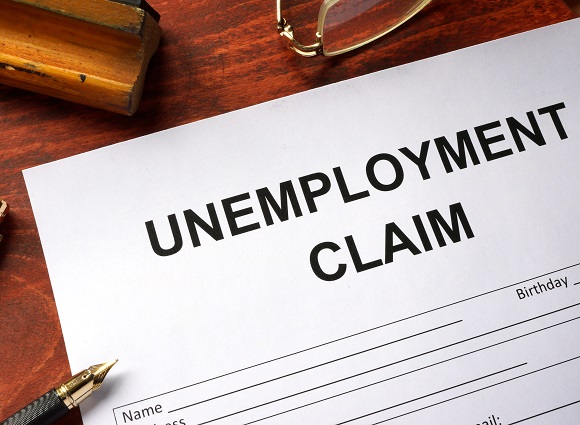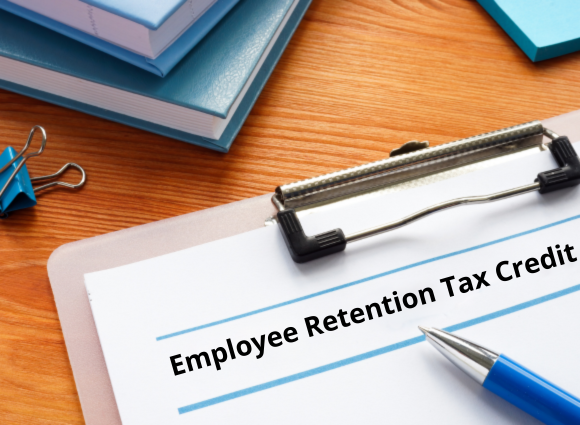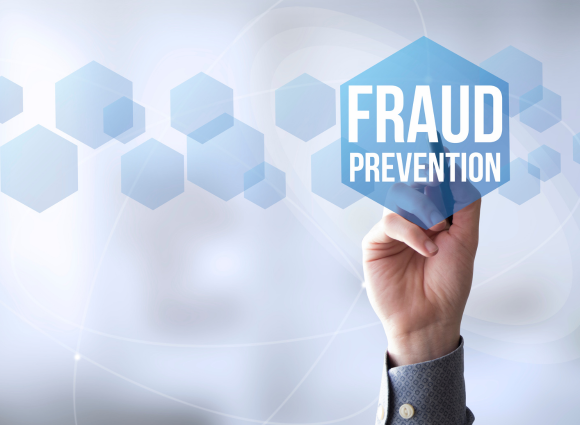
Important Information for Employers Regarding Fraudulent Unemployment Claims
As an employer, do you feel like you are being targeted by fraudulent unemployment claims? That somehow your data has been breached, because so many of your active employees have had false unemployment claims filed under their name? Well, you are not alone. The sad reality is that unemployment claims are significantly higher this year due to pandemic benefits and employers are spending a large amount of time denying these claims.
The Kansas Department of Labor recently suggested it’s more likely that the state is being targeted rather than employers. Some states, including Kansas, have significantly higher weekly unemployment benefits, which make employers and employees in those states more likely to be targeted for fraud.
So, what should you do as an employer in these situations?
- First, make sure that you are staying on top of your unemployment claims. You should review them as soon as they come in, deny any fraudulent claims, and notify your employees about the situation. That way your employees can deny the claim and put processes in place to monitor and secure their credit.
- Also, many states will send out a case summary of unemployment claims at the end of the year. As an employer, you should carefully review this list and ensure you have denied all inappropriate claims. This helps to ensure that your cost of unemployment will not rise in future years.
- Finally, visit the department of labor website for the states in which you operate. That way you can remain up to speed on how they are handling these fraudulent claims and any additional guidelines they might provide.
- If you would like to listen to the recording of the presentation by the Kansas Department of Labor about this subject, it will be available until December 31, 2020. (HR Breakout: Unemployment Fraud with KDOL for Employers Access Passcode: $c*tf9i7
In such a weird and difficult year with many things to tackle, this is one more that clearly needs your attention. If you have questions, check the DOL website for your state(s) to find your answers or call the state DOL directly.



